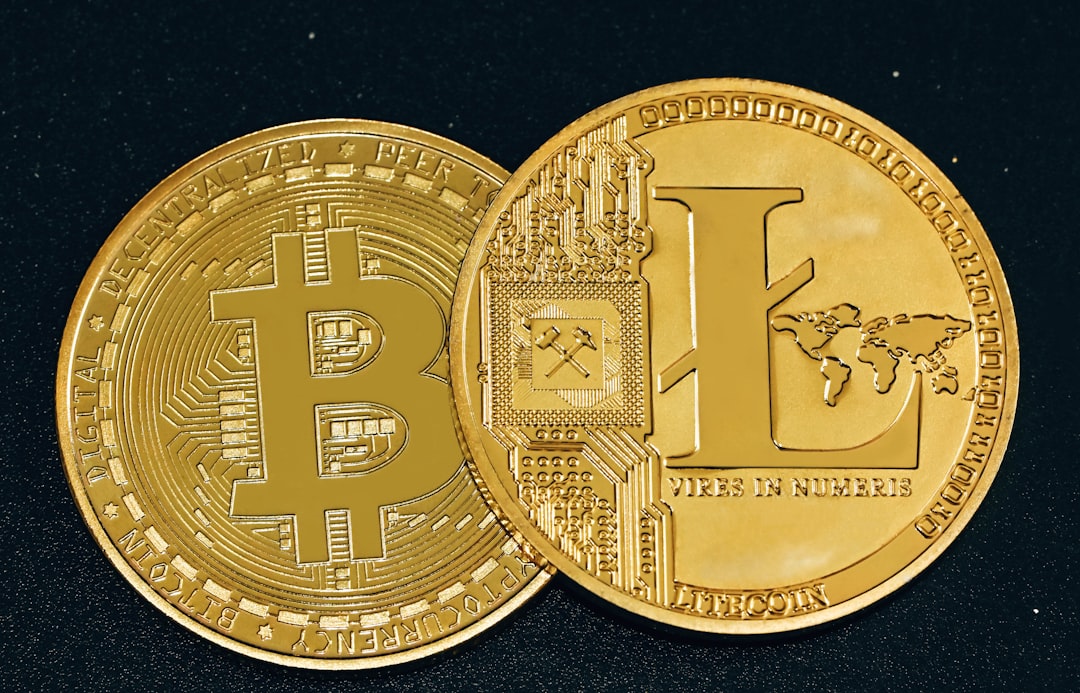The intersection of financial technology (fintech) and legal services is a rapidly evolving landscape that is reshaping the way legal professionals operate and provide services to clients. As technology continues to advance, the legal industry is increasingly turning to fintech solutions to streamline processes, improve efficiency, and enhance client experiences.
One of the most significant developments in this intersection is the emergence of cryptocurrencies and blockchain technology. These digital assets have created new opportunities and challenges for legal professionals, requiring them to stay abreast of the latest developments in order to effectively advise clients on the legal implications of using and investing in cryptocurrencies.
One key area where fintech and legal services intersect is in the regulation of cryptocurrencies and virtual asset service providers (VASPs). In recent years, governments around the world have been grappling with how to regulate these new forms of digital assets, with many jurisdictions introducing licensing requirements for VASPs to ensure compliance with anti-money laundering (AML) and know your customer (KYC) regulations.
One such example is the Georgia Crypto VASP License, which was introduced by the state of Georgia in the United States to regulate VASPs operating within its borders. This license requires VASPs to comply with strict AML and KYC regulations, as well as to maintain adequate cybersecurity measures to protect customer funds and data.
For legal professionals, understanding the requirements of the Georgia Crypto VASP License is essential in order to effectively advise clients on how to navigate the regulatory landscape and ensure compliance with the law. This includes helping clients to understand their obligations under the license, as well as assisting them in developing and implementing robust compliance programs to mitigate the risk of regulatory enforcement actions.
In addition to regulatory compliance, legal professionals can also leverage fintech solutions to enhance the delivery of legal services to clients. For example, blockchain technology can be used to create smart contracts that automatically execute when certain conditions are met, streamlining the contract drafting and execution process and reducing the risk of disputes.
Furthermore, fintech solutions can also be used to improve the efficiency of legal research and document management, allowing legal professionals to access and analyze vast amounts of data quickly and accurately. This can help to reduce the time and cost associated with legal research, enabling lawyers to focus on providing high-quality legal advice to clients.
In conclusion, the intersection of fintech and legal services presents both opportunities and challenges for legal professionals. By staying informed about the latest developments in fintech and understanding how these technologies can be leveraged to enhance legal services, lawyers can position themselves to better serve their clients and navigate the evolving regulatory landscape. The Georgia Crypto VASP License is just one example of how fintech is shaping the legal industry, and legal professionals must be prepared to adapt to these changes in order to remain competitive in the digital age.
